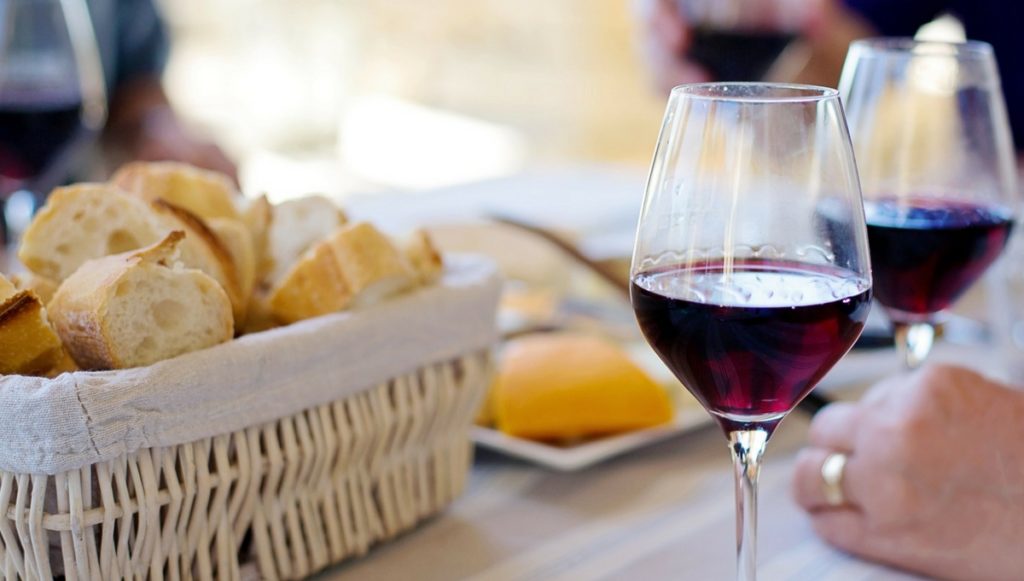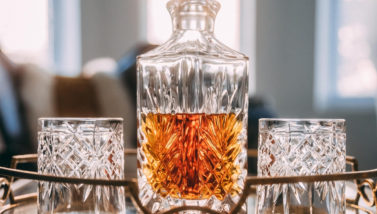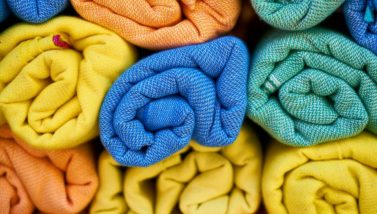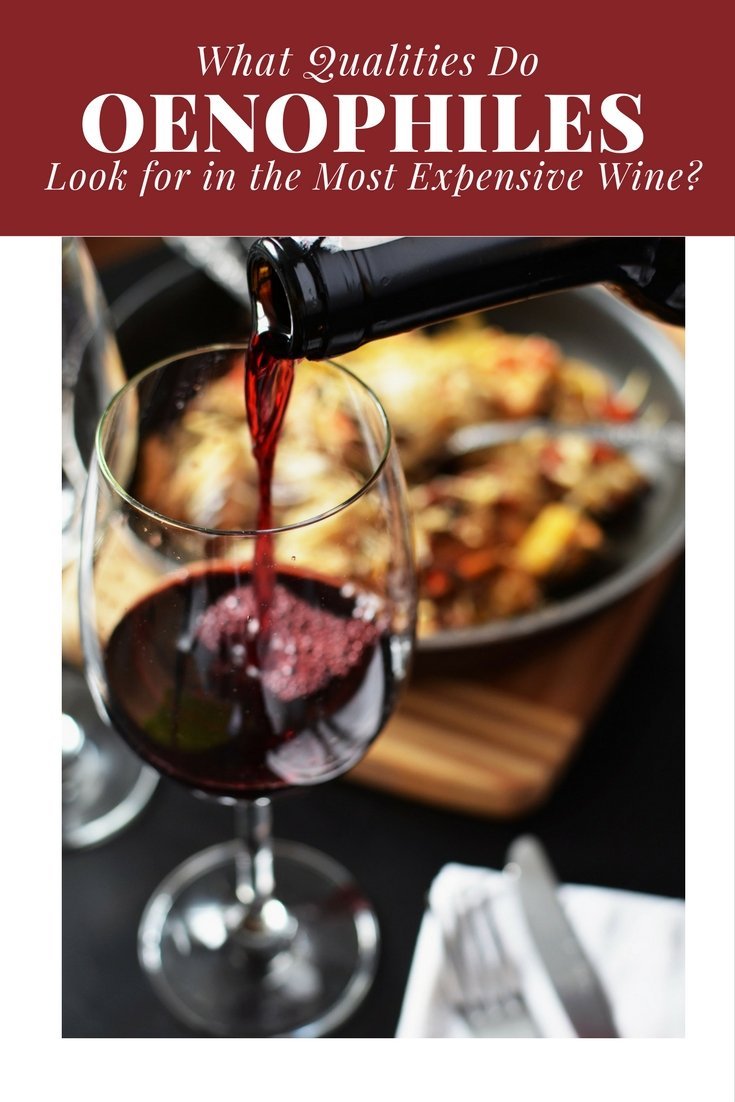Whether you’re hosting a grand event or an intimate dinner, chances are one of the guests knows a fair amount about wine. They may even qualify as “the dreaded oenophile,” though rarely does one who qualifies refer to themselves that way. Still, they know what they know; they want what they want. If imitation is the sincerest form of flattery, here is how to flatter the oenophile in the room.
What Wine to Serve to Experts
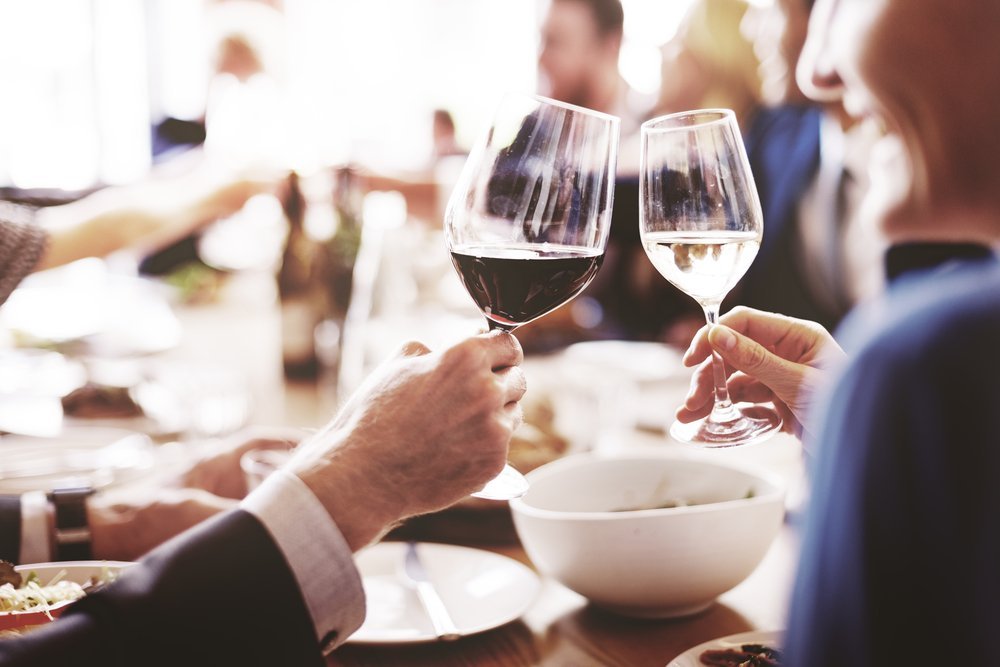
First, there is the path less chosen. Seasoned oenophiles got there not because they drank the same wines over time, but because they wanted to try new things. Falanghina, arneis or grechetto instead of pinot grigio? You bet. Tannat from Uruguay, petit sirah from Napa, sangiovese from the Okanagan Valley? Absolutely.
The thing about experts (at least, the more modest, approachable ones) is that they will attest to the path of self-education. Gravitation to the obvious choices in the room, regardless of reputation, is not the point at all. Rather, it is about finding the bottle, or two, or three, that they have not tasted before.
How to Taste Fine Wine
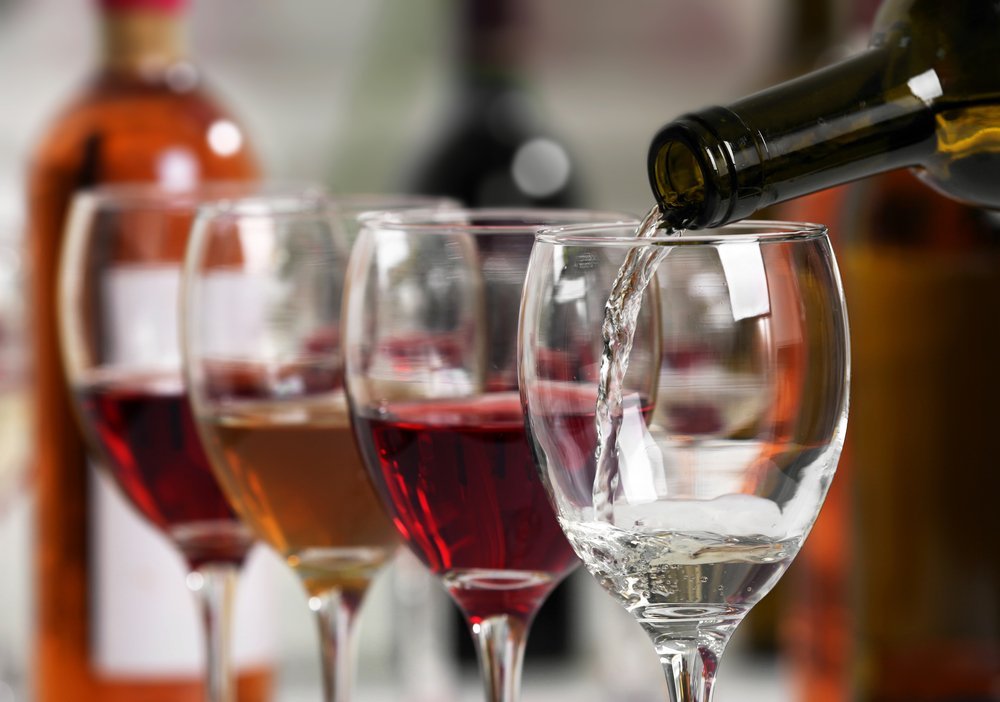
Tasting. It does mean a lot of “nosing”: smelling the wine before you drink it. Those olfactory notes are everything. They indicate varietal precision, relative age, food pairings, and, for the real veterans, aging potential. In the first few sips, an expert will be able to identify the ability of the wine to age, for a year, for 10, for 50.
Age, however, is not always a sign of good wine. You can have a 15-year-old wine of great pedigree display itself as immature, tight, not ready for another decade. You can have a blockbuster, bursting with fruit, and perhaps with alcohol, inviting you to drink it now but suggesting aging will benefit it.
Balance and structure are always welcome components in wine. Acidity, tannin, perhaps sweetness depending on the style of wine, a certain presence throughout the entire palate, and some kind of lingering finish are all good qualities. As you climb the price scale, these factors become not only desired, but mandatory.
The Key to Enjoying High-Quality Wine
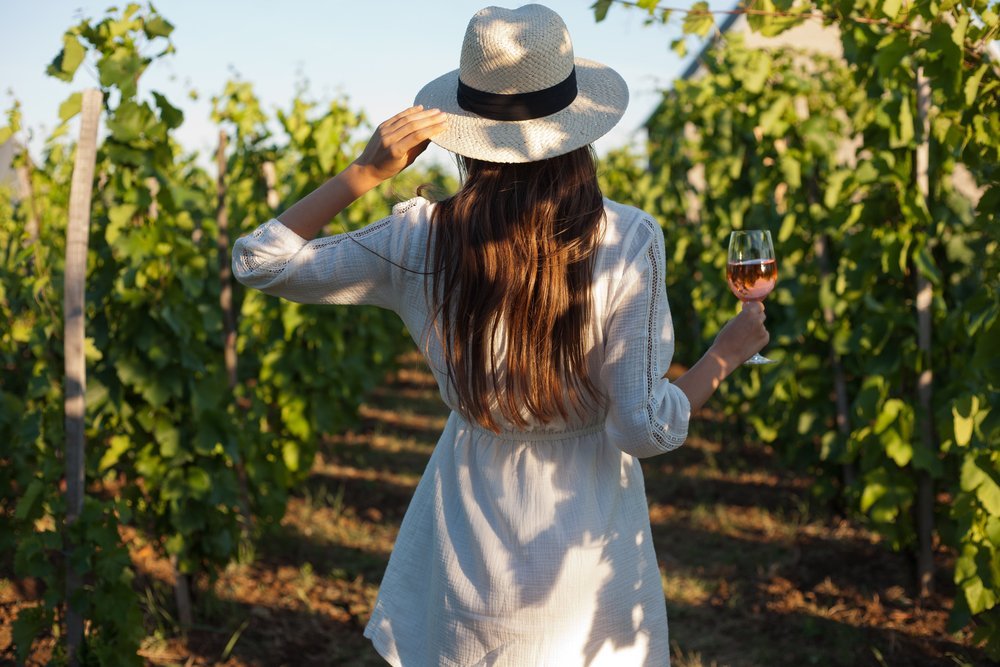
The overall point is really to trust your own palate. Outside of judging in competitions, or appraising wines for a living, oenophiles are after the same thing as everyone else. They seek an enjoyable experience drinking a glass of wine. But they always take the time to swirl, sniff, lightly sip, and consider. Rinse. Repeat if necessary—which is almost always, enjoyably, the case.
Photos: Rawpixel / Shutterstock Inc, Africa Studio / Shutterstock Inc, lithian / Shutterstock Inc

